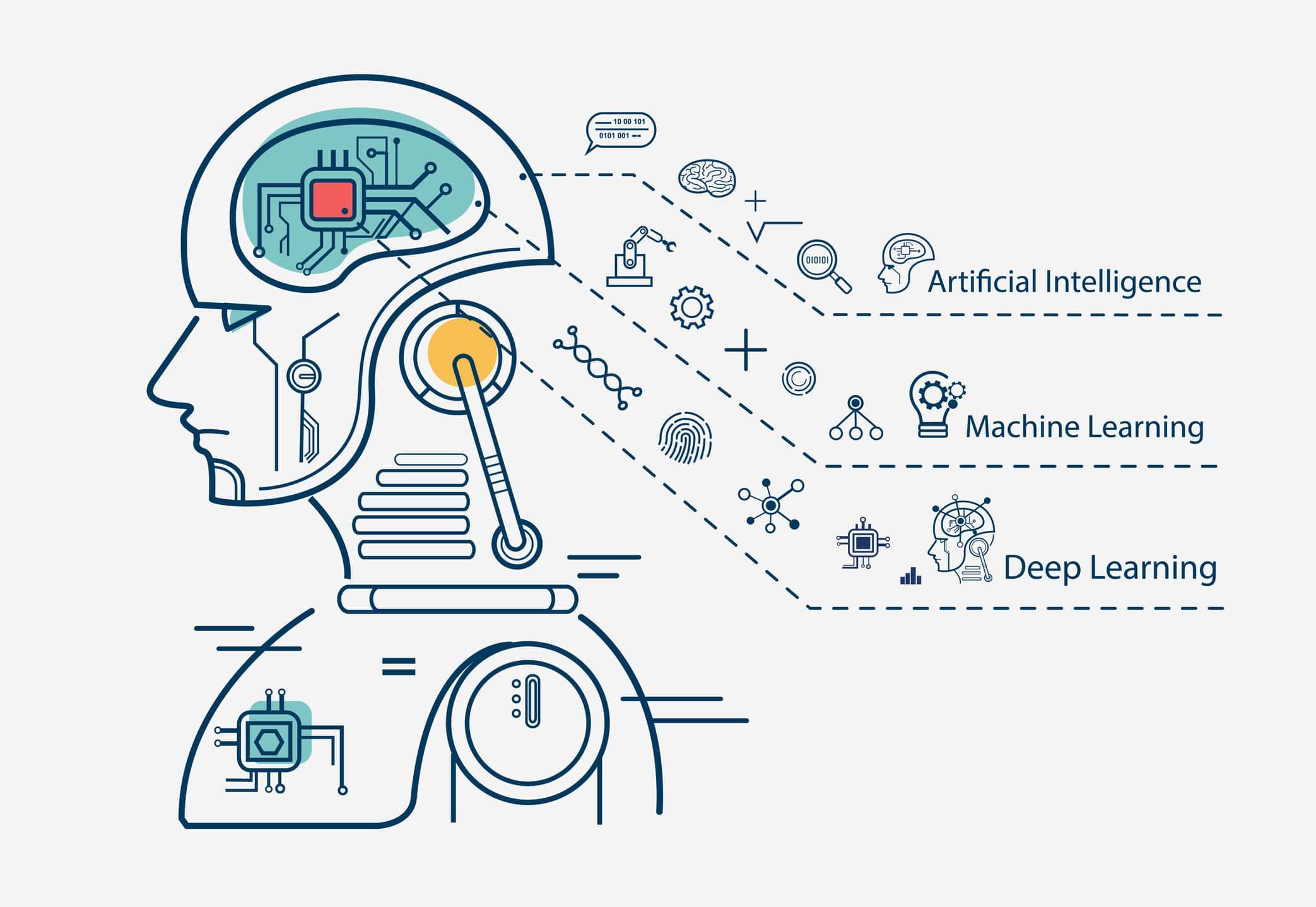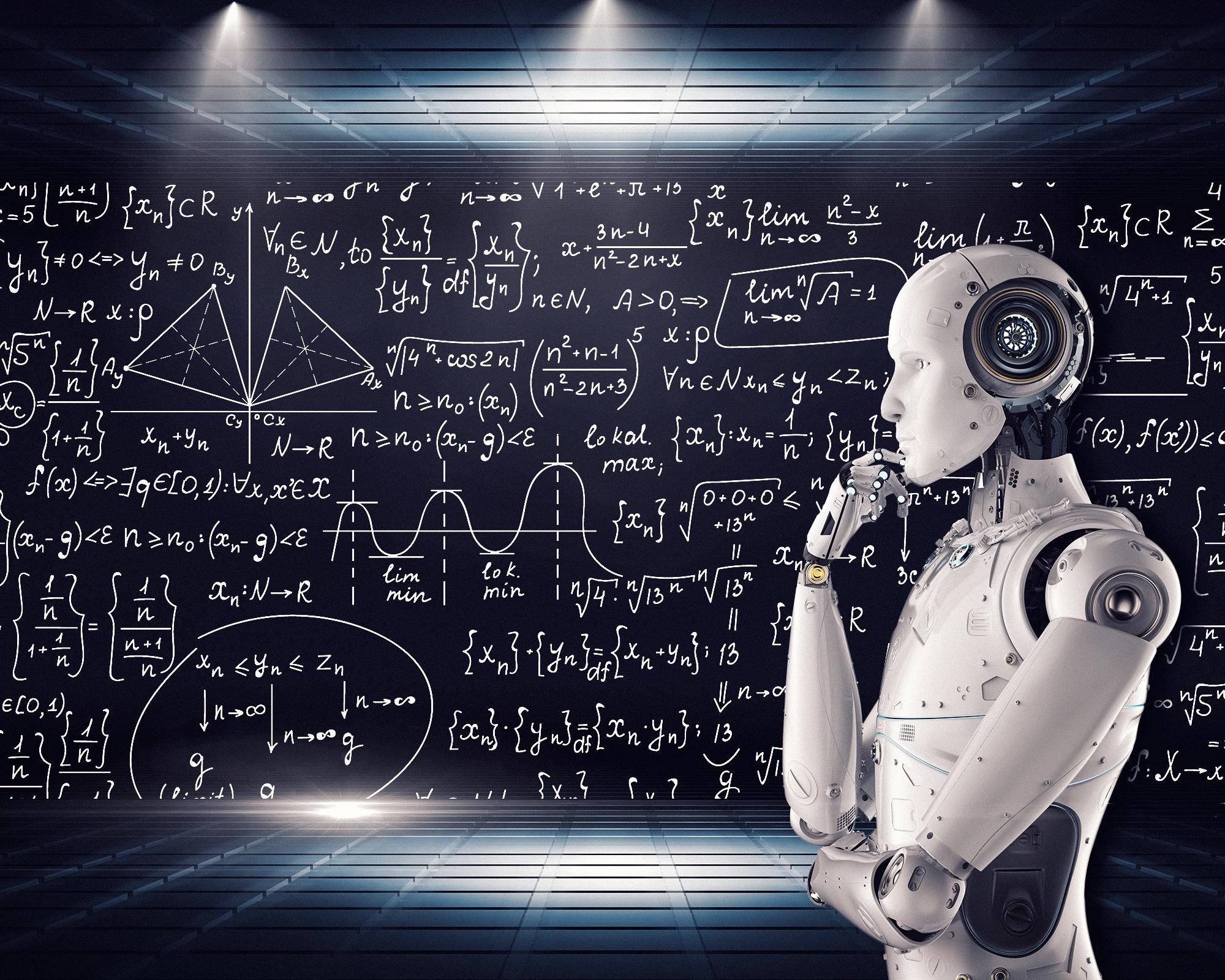In a groundbreaking turn of events, the prestigious Nobel Prize in Physics has been awarded to none other than machine learning. This revolutionary technology, long celebrated for its advancements in a myriad of fields, has now secured its place among the titans of scientific achievement. Let us delve into this historic moment and explore the implications of machine learning’s crowning glory in the realm of physics.
Revolutionizing Physics Through Machine Learning
Imagine a world where machines receive the highest honor in the field of physics. Well, that world is no longer a distant possibility as machine learning technology has just been awarded a Nobel Prize in Physics. This groundbreaking achievement marks a significant milestone in the intersection of artificial intelligence and scientific discovery.
Machine learning algorithms have completely revolutionized the way physicists approach complex problems and analyze massive amounts of data. By leveraging advanced computational techniques, researchers are now able to uncover hidden patterns, predict outcomes, and optimize experimental designs with unprecedented accuracy. This prestigious recognition not only validates the power of machine learning in advancing the frontiers of physics but also paves the way for a new era of interdisciplinary research and innovation.

The Impact of Machine Learning on Nobel Prize-worthy Research
With the recent announcement of the Nobel Prize in Physics being awarded to a team of researchers who utilized machine learning in their groundbreaking study, it is evident that the impact of this technology on academia cannot be overstated. Machine learning algorithms have revolutionized the way we analyze complex data sets, allowing researchers to uncover patterns and correlations that were previously impossible to detect. This breakthrough in the field of physics showcases the immense potential of machine learning in driving forward Nobel Prize-worthy research.
By harnessing the power of machine learning, scientists were able to develop innovative models that accurately predicted experimental results and led to significant advancements in our understanding of the universe. The integration of artificial intelligence in scientific research has paved the way for new possibilities and discoveries, demonstrating the synergy between technology and traditional research methods. As we continue to push the boundaries of what is possible in the realm of scientific inquiry, it is clear that machine learning will play a pivotal role in shaping future Nobel Prize-worthy research endeavors.

Challenges and Opportunities in Integrating Machine Learning into Physics
One of the recent groundbreaking achievements in the field of physics was the Nobel Prize awarded to a machine learning algorithm for its significant contributions to the field. This event has sparked a new wave of excitement among physicists worldwide as they explore the immense potential of integrating machine learning into their research and experiments.
However, this integration comes with its own set of challenges and opportunities. Physicists are now faced with the task of harnessing the power of machine learning algorithms to enhance their understanding of complex phenomena, improve data analysis techniques, and even discover new physical laws. The opportunities are endless, from predicting particle behavior to optimizing experimental conditions. It’s an exciting time to be at the intersection of machine learning and physics, where the possibilities are truly endless.

Maximizing the Potential of Machine Learning for Future Scientific Breakthroughs
Machine learning has reached new heights in the scientific community, pushing the boundaries of what is possible in terms of research and discovery. Recently, the prestigious Nobel Prize in Physics was awarded to a team of researchers who used machine learning algorithms to analyze complex data sets from particle accelerators, leading to groundbreaking insights into the fundamental forces of the universe.
This historic achievement highlights the immense potential of machine learning in revolutionizing the way we approach scientific challenges. By harnessing the power of artificial intelligence, scientists are able to process massive amounts of data more efficiently, uncovering hidden patterns and correlations that were previously impossible to detect. As we continue to advance in this field, the possibilities for future scientific breakthroughs are truly limitless.
To Wrap It Up
the recognition of machine learning with a Nobel Prize in Physics marks a significant milestone in the intersection of technology and scientific innovation. This breakthrough paves the way for a new era of discovery and exploration, demonstrating the immense potential of artificial intelligence in revolutionizing our understanding of the universe. As we look towards the future, it is evident that the collaboration between human intellect and machine capabilities will continue to shape the forefront of scientific advancement. With this prestigious accolade, machine learning has truly earned its place amongst the great minds of our time.